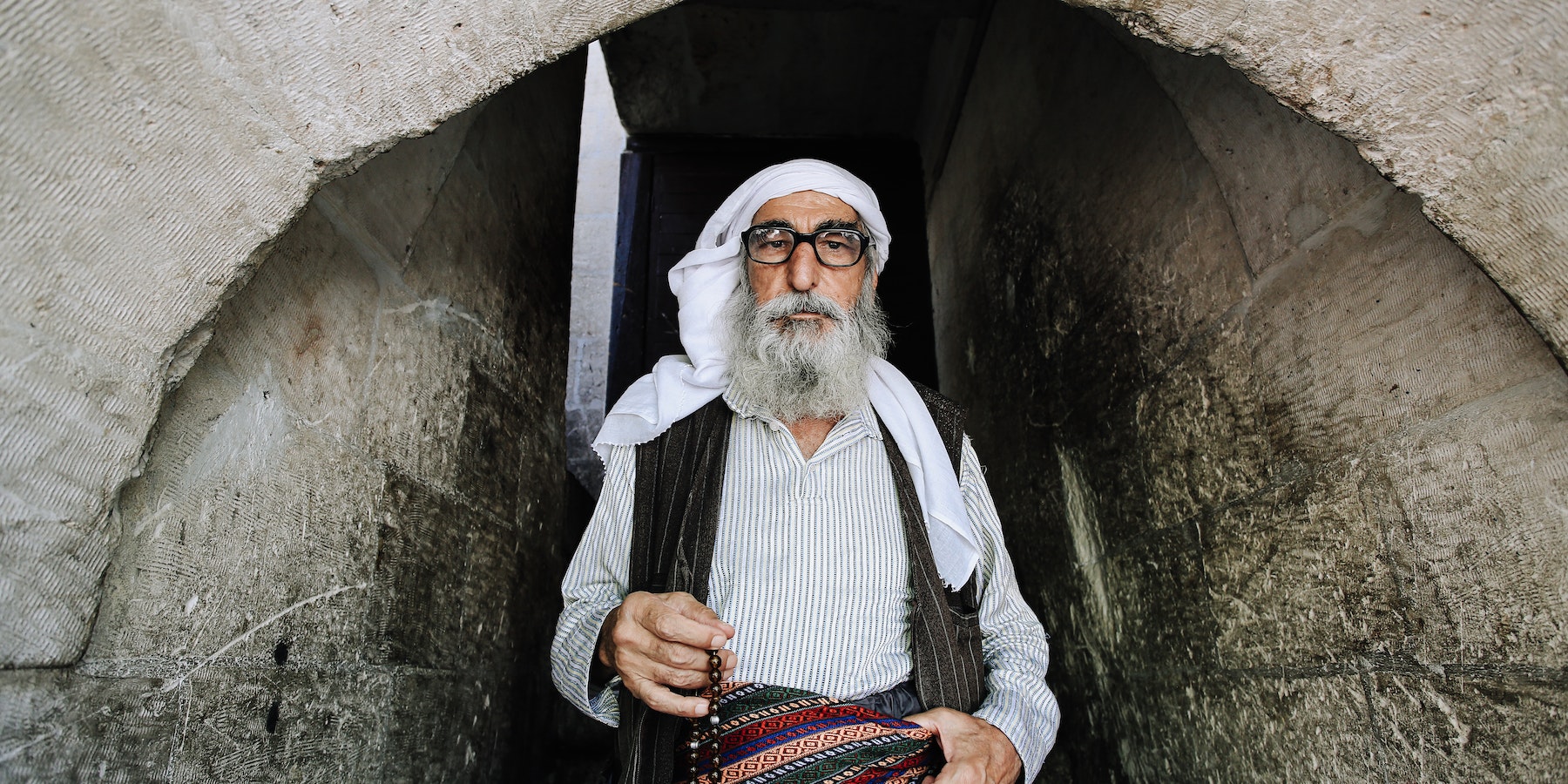The word liyah (beard) is derived from the Arabic language and refers to the hair that grows on the chin, jawbones, and cheeks. In Islam, many scholars believe that keeping a beard is obligatory (wajib) for Muslim men. Keeping a beard is a sunnah of the Holy Prophet (PBUH). Moreover, the importance of maintaining a beard has been emphasized in many hadiths. This blog will dive deeper into the reason for keeping a beard, what our Holy Prophet (PBUH) said about it, and the health benefits.
The Real Reason For Keeping Beards
Many scholars emphasize that the Prophet Muhammad (PBUH) stipulated that Muslim men grow beards to maintain their appearance and individuality as Muslims. Because in that era, most Jews and Christians used to shave their beards. But in today’s world, we occasionally come across people who have beards, no matter their religion. So what should be done in this situation?
According to Shaykh Muhammad ibn Saalih al-‘Uthaymeen (may Allah have mercy on him), some Islamic rulings are not entirely dependent on their reason but are considered an important aspect of Islamic practice. Moreover, Shaykh also says that these rulings remain in effect even if the reason is no longer applicable. To understand this even better, we can take the example of Raml.
Besides that, shaving one’s beard is acting against the nature of men, which is a sin in itself. Not keeping a beard is an imitation of women, and Allah SWT cursed the men who imitate women and vice versa.
Holy Prophet (PBUH) About Beards
There are several hadiths in which our Prophet Muhammad (PBUH) emphasizes growing beards and tells us how to maintain them.
Mustache And Beard
In a hadith narrated by Ibn Umar, the Holy Prophet (PBUH) says to trim the mustaches and to let the beards grow.
Growing A Long Beard
Another hadith narrated by Ibn Umar states that Prophet Muhammad said to clip the mustaches and let the beard grow long.
Cutting The Beard
In another hadith, it is stated that whenever Ibn Umar performed the Hajj or Umrah, he held his beard with his hand (in a fist), and whatever hair remained outside his hand, he would cut it.
Dyeing One’s Beard
Another hadith states that when Ibn Umar was asked about dyeing his beard yellow, he replied that he had seen the Prophet Muhammad (PBUH) dye his beard yellow with Wars (dye or coloring substance).
Plucking Out White Hair
In a hadith, it is stated that Anas bin Malik RA did not like when people used to pick white hair out of their beards and hair.
Shaving and Trimming The Beard
Nowadays, many people tend to shave their beards, whether it is to look more handsome or because someone tells them to. All reasons aside, shaving one’s beard violates Islamic laws in many ways. Moreover, a Muslim beard consists of a full-grown beard with no mustache. And whoever goes against that is doing wrong.
The four schools of thought in Islam, also called Hanafi, Maliki, Shafi’i, and Hanbali, have the same ruling about shaving beards: haram (forbidden).
Although trimming the beard is permissible, as it is mentioned in the hadith, Or if someone has a beard that is so long that it jeopardizes his safety—for example, if he works in a factory where some of his beard may get stuck in any machinery—then it is permissible to trim it. But it should be done in the manner described in the hadith.
Some modern Muslim beard styles are haram because they include shaving or trimming one’s beard for fashion.
Scientific Benefits Of A Beard
There are a lot of scientific benefits provided by beards. Let’s discuss some of these benefits below.
Protection From UV Rays and Skin Damage
According to a study at the University of Southern Queensland, beards can protect a person from UV rays, as the longer hair shields the skin against the sun’s rays.
Moreover, Dr. Erika Summers, a dermatologist at the University of Utah, says, “Irritant folliculitis, bacterial folliculitis, and an inflammatory condition called pseudofolliculitis barbae can all occur in the beard area and are often precipitated by shaving.”
And since letting the beard grow cuts out shaving, the trigger for these skin problems is minimized.
A Natural Moisturizer
Beards are a natural moisturizer due to sebaceous glands, microscopic glands in hair follicles that create sebum.
Sebum is an oily substance that helps to moisturize our skin and keep it from drying out. And beard hair prevents you from rubbing that moisture out, which keeps your skin moisturized.
Prevents Allergies and Asthma Symptoms
Many people are prone to dust allergies or asthma conditions. According to the American Lung Association, beards can be a big help because many pollutants or dust get trapped in the beard hair, which prevents bacteria from getting into the mouth and nose and triggering any problems. But beards should be cleaned out regularly, or the trapped pollutants will filter into the airways eventually.
Honoring The Beard
As our Holy Prophet (PBUH) said, whoever has hair should honor it. If you have a beard, you should oil it, keep it clean and tidy, and cover up any gray hair in it, but avoid the color black so that it adds to your beauty and masculinity.
Conclusion
In the end, keeping a beard is obligatory for every Muslim man. Not only does it help to earn blessings, but it also protects us from many harmful things. It also helps us grow closer to our deen as we follow the Prophet Muhammad’s (PBUH) teachings and is a constant reminder of our devotion and dedication to Islam.


Can you please make a blog on hijab and jilbab
Very interesting article, but I noticed a mistake, probably a typo, in the first sentence.
The Arabic word for beard is « LIHYA / لحيه» and not « LIYAH / لياح».
Also, how about those men, whose bread does not grow uniformly, meaning they have sparse hair or not at all?